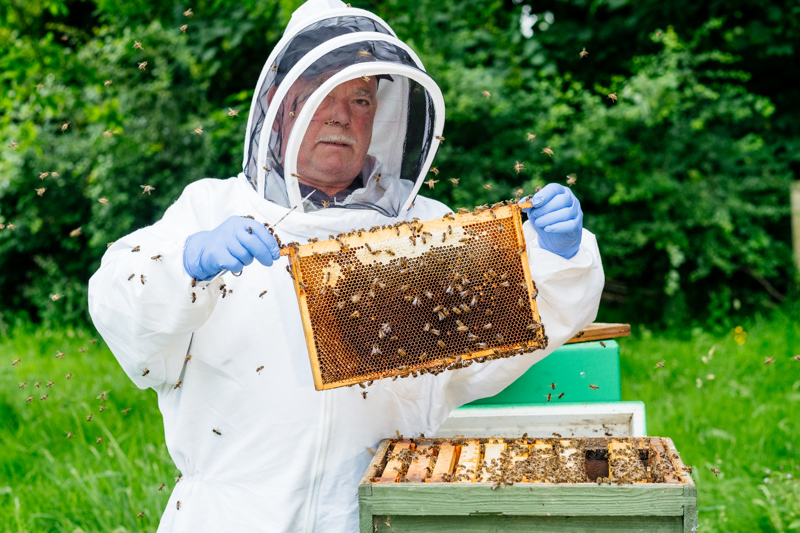“Daddy came from outside Kinnegad in Co. Westmeath. Every Christmas, he and his father used to fish for salmon and sell them for two shillings and a florin. They never once ate a salmon, and all the salmon they caught! The last time they fished, the black and tans chased them. One of the soldiers put a bullet in my father’s ear and told him the next time they saw him there; he would put the bullet between his ears. Daddy had to leave Kinnegad after that and went to live with his sister in Croghan. He had planned to go to sea eventually, but one night went to the local carnival and met my mother. The following year they were married.
My mother was interested in keeping bees. Her father before her and uncle had bees during the first world war when there was rationing. Tobacco, sugar and tea leaves were black-market goods. Honey was the supplement for the sugar, so money was saved, and that is how all my mother’s people got into beekeeping.
I had my own beehive at the age of 10. It wasn’t a beehive like you would see today but a butter box with lats across and two slates on top. There were bees everywhere back then. They were in trees, sheds, houses, everywhere! They didn’t sting because they were the native Irish black bee called the Apis mellifera mellifera which are very docile. When I was a young lad, I’d get on the bike at the weekend, and my mother would tell me where to go to get swarms of bees. I would put them into a pillowcase, tie a knot and bring them home, where I put them into the box. In the 1980s, the Irish native bee nearly became extinct with the Varroa mite that came into Ireland. This was when the harm was done. Many bee colonies were wiped out, and people had to start looking after their bees before they were all gone!
Now we dose them for the Varroa mites, American Foulbrood and Nosema and delouse them like they do with cattle. We also have our bees’ DNA tested by Eleanor Attridge to ensure that they are our native little black bees and healthy. We don’t like to cross-breed our bees.
Being the apiary manager in Tullamore is very time-consuming, but it is very enjoyable work. I’m impressed with the local people, especially the young people, for having an interest in learning about bees and how to care for them. It is up to all beekeepers to look after their bees and make sure that the Varroa mite doesn’t spread, or we’ll be in trouble again. We have to mind our bees, and I don’t think people realise how important they are for survival. If bees don’t pollinate plants, we won’t have much to eat.”
~ Jerry O’Reilly, Apiary Manager, Offaly Beekeepers Association.
Offaly Beekeepers Association was established in 1970 and has 78 members. New members are always welcome. For more information and details about beekeeping courses, visit www.offalybeekeepers.ie

